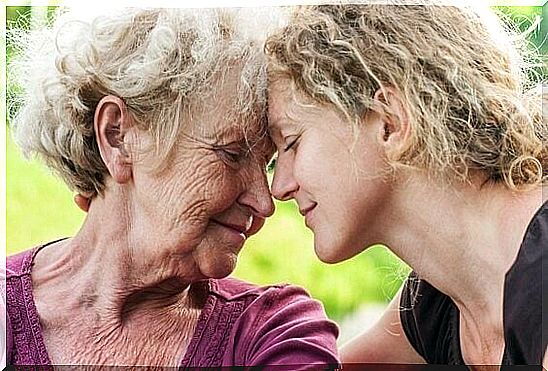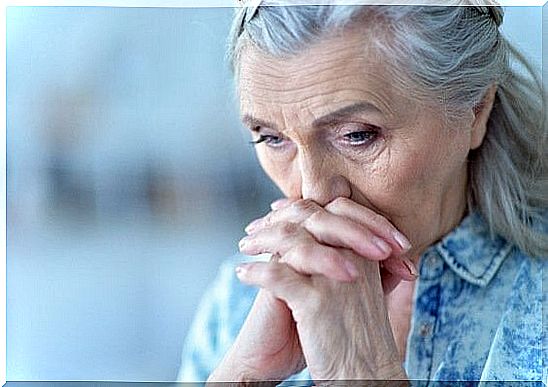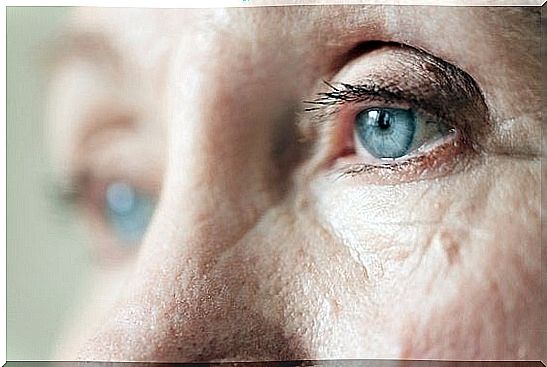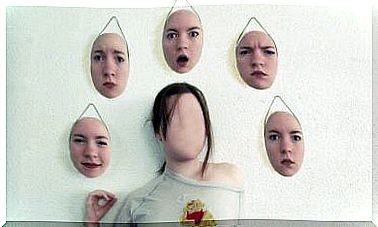Do You Have Depressed Elderly In Your Vicinity? Learn To Help Them!

Grief is a part of life that no one can escape. But there are certain stages in life where we are more vulnerable to grief. One of these stages is old age – the time in our lives when we begin to see youth as a distant horizon we left behind long ago. If you have depressed or depressed seniors near you, you are probably wondering how you can help.
There are several reasons why grief occurs with age. As with youth, the body undergoes many sudden changes that are beyond your control. The way you relate to family members and the environment also changes. At this stage , many may stop working regularly while others have to deal with the loss of partners, friends and dreams that will never come true.
Helping depressed seniors is not as difficult as it may seem. It is true that they may be limited by physical disabilities, but often there are alternatives that can change their lives and make them happier.
The best way to help an elderly person is to determine the risk factors for depression. Let us remember that losses are common at this stage in life, while “gains” are more rare. It is the opposite of what happens in childhood.

Other circumstances that may increase the risk of depression later in life include:
- Health conditions: the risk of depression is much higher for those who have health problems, especially chronic conditions. This is especially true for degenerative diseases that involve constant physical pain.
- Personality traits: people who are insecure or have low self-esteem are at higher risk of being swept away by grief as they get older.
- Socio-economic status: both economic dependence and lack of resources at this stage increase the risk of depression.
- To live alone.
- Having little or no social interaction.
Now that you know the risk factors, you can keep an eye open for them. Upon discovery, you can evaluate them, always with the active participation of the person in question. Remember that the goal is to help depressed seniors and prevent depression.
Helping a depressed elderly person is not the same as taking responsibility for their grief. What a depressed person does not need is a person who “adopts” him, and even less feels sorry for him. What he needs is motivation, affection, company and support. But above all, he needs respect.
This means that you must accept his pace, decisions and preferences. You can give him advice and encouragement, but he must know that he is the one making the decisions. Changes have a higher chance of lasting in this way.

Intelligent, tailored help is even more effective when it comes from honesty and affection. Your help has a greater impact when you actually care about the person you are helping than if you only do it for your own convenience.
So what can be done to help depressed seniors who are not feeling well emotionally?
- Try to get them to question their negative thoughts in the same way that their mood makes them question their positive thoughts. Do it with love. If they say they feel unable to do something right, ask them to do something to change the situation. If they say that nothing interests them anymore, let them talk freely about the reasons, without confronting them.
- Do not let them spend all day doing nothing. Help them find small, productive information that makes them feel useful.
- Nurture positive emotions. Help them remember better times in their lives and all their accomplishments. Ask for their opinion and make sure the person knows that you value their wisdom and experience.
- Give them incentives to engage in activities, no matter how small they are. A morning walk, reading a book, gardening… all activities are good.
- Help them get a good routine. Grief and depression sometimes cause people to spend too much time in bed or in front of the TV. Try to sit down with them and restructure their schedule together. But do not forget that they themselves have the last word. Otherwise, you must constantly monitor them to make sure they do not deviate.

You may notice that you yourself benefit greatly when you help depressed elderly. It can fill your life with purpose and greater meaning, and do not be surprised if you get some wisdom in return.
* Editor’s note: Depression is often seen as a short-lived feeling. In this article, however, we refer to depression as a longer-term condition in which despair, melancholy and sadness prevail.









